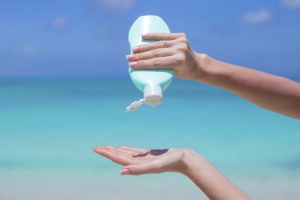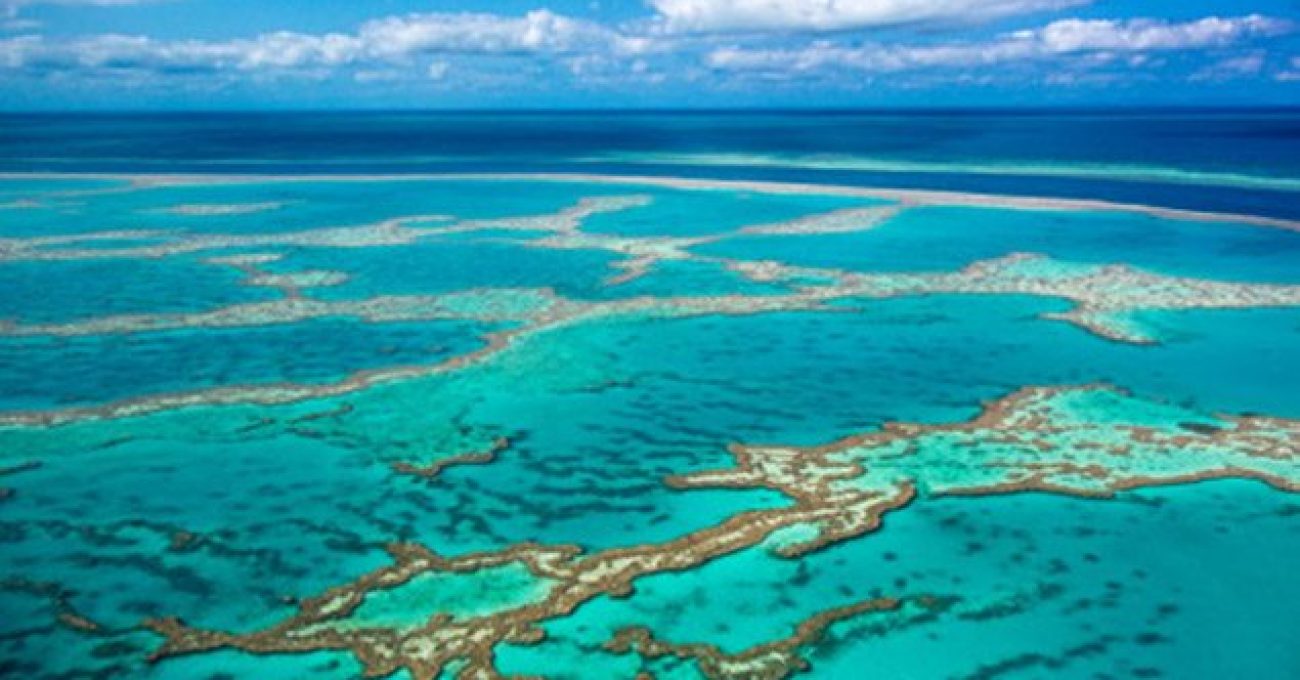Four Ways You Are Harming The Oceans Without Realizing It
Every species on Earth is connected to oceans. Our survival depends on water, but we are careless. Every year, numerous organizations and research centers warn us about the harmful effects we are making. One individual can’t do much, but if you untie, we can do wonders. If you are interested in conservation of our planet and you want to contribute to this noble cause, then we want to point out a couple of things you should reduce or stop doing.
Driving
Each time you drive, your car emits carbon dioxide and spreads it into the atmosphere. But, did you know that oceans absorb ¼ of the world’s annual carbon dioxide emission? So, here is one interesting fact, as the carbon dioxide rises in the atmosphere, the same thing happens with the oceans. We don’t need to mention that this is bad because it lowers pH levels and makes it hard for crustaceans, planktons, and corals to live. Based on current estimates, by 2100, oceans will be 150 percent more acidic. Unfortunately, we can’t stop the world from driving cars, but luckily, many countries are things seriously and switching to electric cars and putting caps on diesel fuel.
Byung seafood
It turns out there aren’t many fish in the sea we might hope, due to unsustainable practice of commercial fishing, combined with the collapse of reef systems. By the end of 2048, we could be facing severe consequences and closing down of all the world’s leading fisheries. People often buy shrimps in most unusual places, but if you eat shrimps, you should know that for every one pound of caught shrimps, 15 pounds of unintended wildlife is captured as well. But, what can we do? For instance, we should eat fish that is more sustainable and purchase it from a farmer’s market.
Growing flowers
This might seem strange, and even something as delicate as a rose garden can be bad for oceans. Based on numerous recourses and data, 75 million pounds of synthetic chemicals such as fertilizers and pesticides are deposited into our land, crops, and gardens every year. The extra nutrients plants can’t absorb, go into the water. In this process algae die and decompress, taking out the oxygen from the water and creating a dead zone for other species. Fish also take chemicals, which make them sick and we later eat that fish. For now, we can’t do much

because the large corporations are chemicals to provide more crops and they are the most significant polluters on the planet. But we can keep our gardens organic as possible.
Using sunscreen
Contrary popular belief, there is no such thing as waterproof sunscreen. Suing sun block incorrectly and immediately jumping into an ocean will splash it off and send it into the water. The scientists recently discovered that chemical used in sunscreen called benzophenone-2 could cause coral reefs to bleach, make changes in their DNA and kill young corals. You can’t stop using sunscreen; you can limit yourself to moderate amounts. You should apply cream every two hours, wear a hat and sit under an umbrella. Make sure to sunbath after 5 PM because ultraviolet rays are weaker then.

